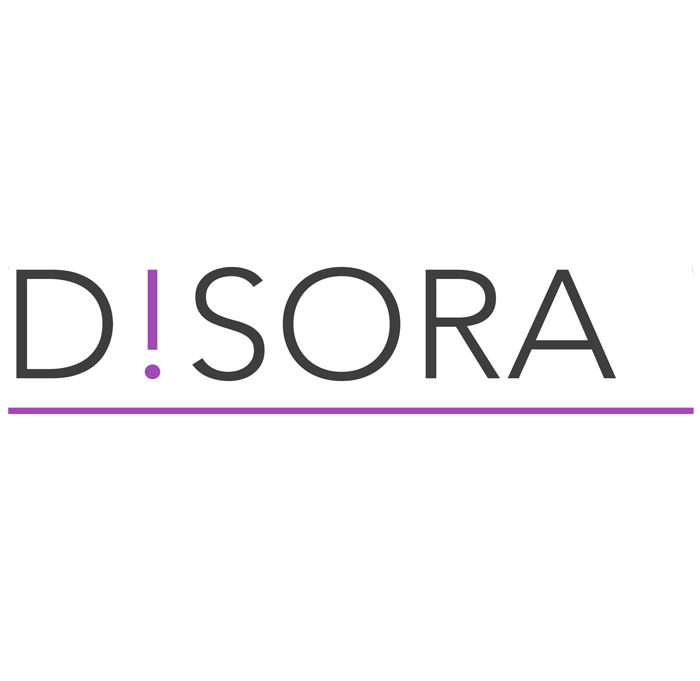About the project
ENT4NEET project, co-funded by the Erasmus+ Programme of the European Union, seeks to promote an exchange of good practices among European youth organizations active for the socio-economic integration of young people at risk of exclusion, namely NEETs (young persons not engaged in education, employment or training), through the enhancement of their "soft skills".
The Skills Panorama (Cedefop) defines Soft skills as cross-cutting across jobs and sectors, and related to personal competences (confidence, discipline, self-management...) and social competences (teamwork, communication, emotional intelligence...).
With a total grant of EUR 72.763,00, the project activities will cover at least 5 European countries, involving the same number of project partners:

Associazione Let's Keep Learning (Italy)
[Applicant Organization] Social Promotion Association based in Vasto – Abruzzo Region – and specialized in care, assistance and socio-economic inclusion of vulnerable people, namely youngsters and children

Aidejoven (Spain)
NGO promoting equality among people and non discrimination, as well as sustainable development. The organization is an accredited training center for the Community of Madrid

Drustvo za izobrazevanje in socialni razvoj (Slovenia)
NGO seeking to promote entrepreneurship and the whole range of basic skills among people, as well as active citizenship

Fundacja proFesjonalni Aktywni Qlturalni Mlodzi (Poland)
Foundation aiming to inspire and support the global development of all groups of people, with a focus on vulnerable ones, mainly young people having learning difficulties and disabilities

Foxpopuli (Sweden)
based in Eslov, the organization holds a sound expertise in international youth projects conceived as a means to promote entrepreneurial values and creativity
Following a preliminary field research conducted on a national level and aimed at investigating the most demanded soft skills within the different labour markets, the project will implement a pilot course, organise transnational learning experiences and develop a manual (so-called "Handbook") conceived to boost the upskilling of European youth workers involved in the education and training of vulnerable youngsters.

